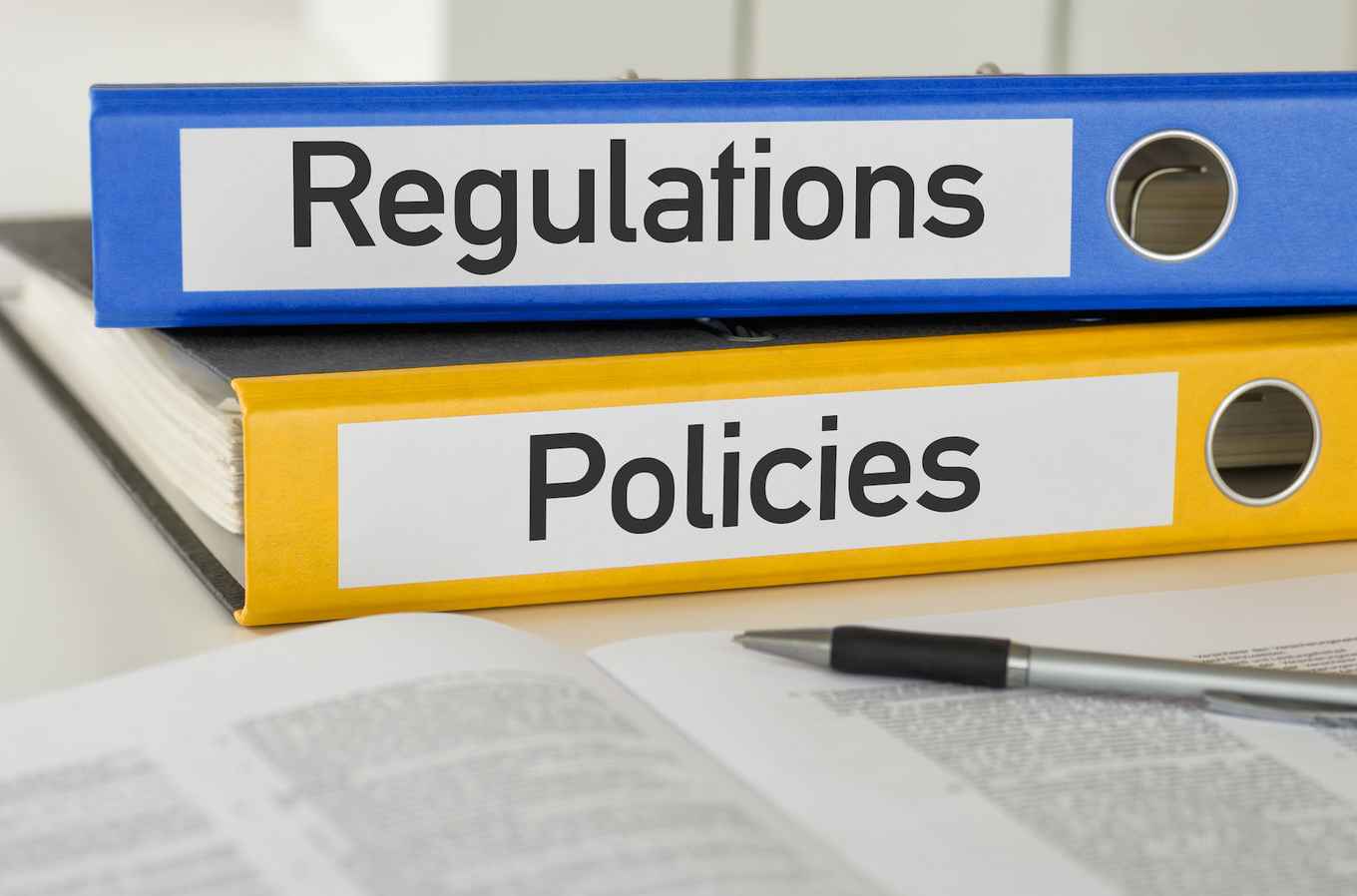How power matters in regulation
23 November 2020

In a new paper Regulatory Disempowerment published in Regulation & Governance, Garry Gray and Benjamin van Rooij analyze how power inequalities shape the implementation of regulation. The paper investigates citizens from farmers in China, to factory workers in Canada, to doctors and nurses in the USA and their role in pollution, worker safety, and medical safety regulation. The study finds remarkable commonalities in how unequal forms of power obstruct successful regulatory action by citizens. It also shows how regulatory involvement can itself be disempowering for such citizens. The study provides a critical new perspective on 21st Century forms of regulatory governance that sees regulation beyond the state and also involving societal actors. It asks the academic and practical field to place power and disempowerment more central in its analysis. To help this, the paper contributes a framework that can be used to understand and assess different forms of enabling and controlling power in regulatory activities. For the full title and abstract see below.
Regulatory disempowerment: How enabling and controlling forms of power obstruct citizen‐based regulation
Garry Gray
Benjamin van Rooij
Regulatory studies assume that citizens can act as regulators to complement or correct failing state and market forms of regulation. Yet, there is a growing literature that shows that in reality citizens may fail to be effective regulators. This paper systematically analyses how power inequalities obstruct citizens in their regulatory roles. It compares four case studies with highly different social and political contexts but with similar outcomes of citizens failing to regulate risk. The case studies are analyzed by operationalizing sociological and political science ideas about manifestations of enabling and controlling forms of power in order to understand the way power inequalities obstruct citizens in their regulatory roles across diverse contexts. The article shows how citizens, from farmers and manual workers in both authoritarian developing and democratic developed contexts to even highly trained medical professionals from the US, have limited agency and are disempowered to act as regulators. Our analysis reveals that five patterns of disempowerment play a crucial role in obstructing successful society‐based regulation: (i) dependency, (ii) capacity, (iii) social hierarchy, (iv) discursive framing, and (v) perverse effects of legal rights.